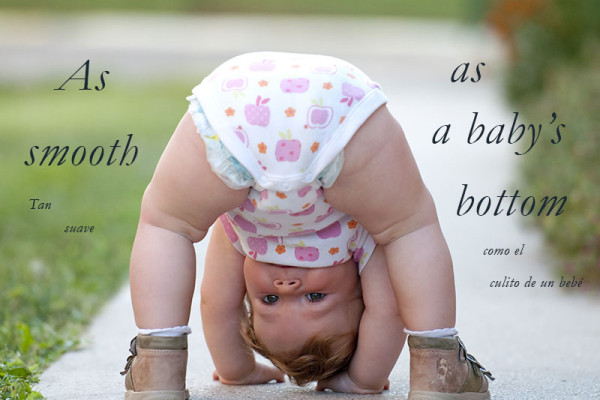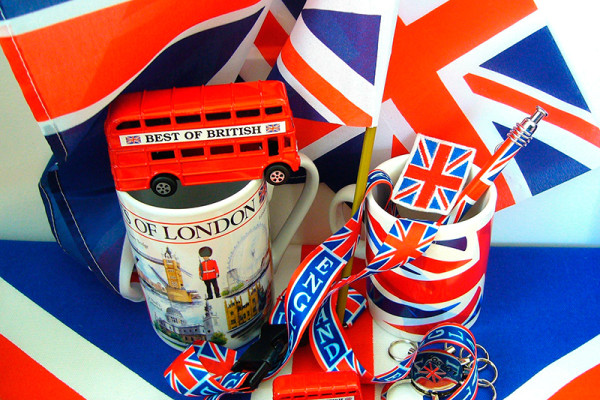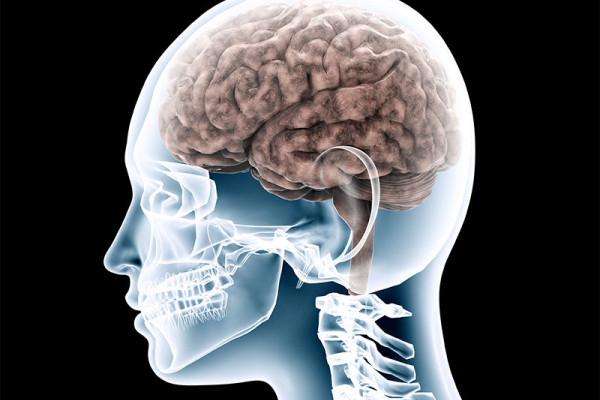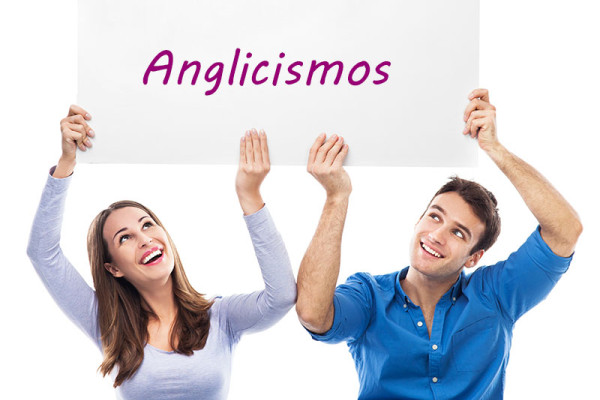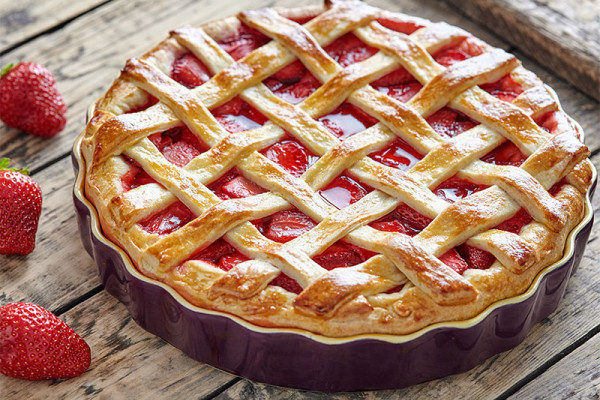Does an English rooster crow the same as a Spanish one?
Onomatopoeias. Words that imitate sounds.
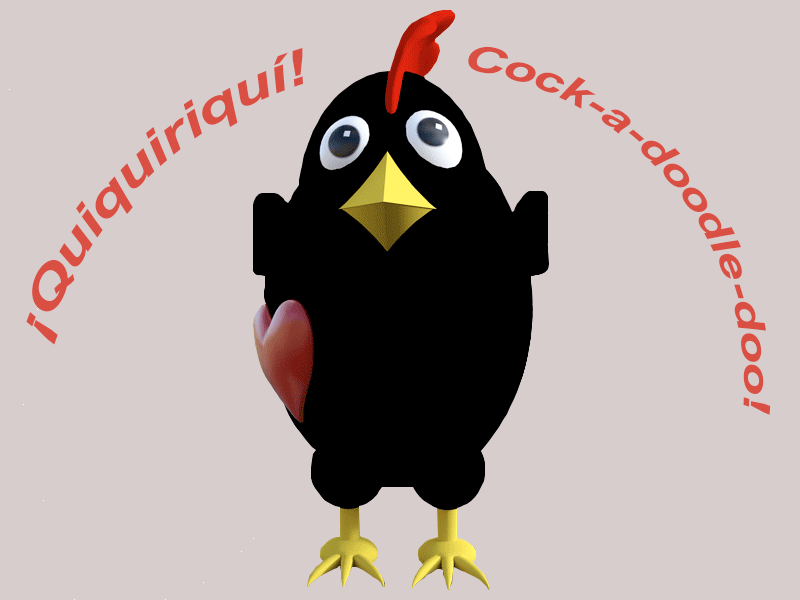
Well, it seems that they do crow the same way, what changes is the way of interpreting its sound depending on our language, since each language has its own phonetic peculiarities, so in order to put the rooster's crow into words, a Spanish person writes "quiquiriqui" and an English person writes "cockadoodledoo".
One of the wonders of language is that we can use words to convey the sounds we make or produce. These words, whose missions are to imitate the sound of something, are called onomatopoeias.
We use onomatopoeias constantly, although we may not realize it. When we are little, our parents or teachers ask us the typical question of what does the dog do? What does the frog do? And we answer "woof woof" and "ribbit, ribbit". We say "brrr", it is so cold; "yuck" when something is disgusting; "yum yum" when we are about to eat, etc.
Onomatopoeias are often used in written texts such as comics, stories or books, but also in the theatre, television or cinema, in advertising, etc. Surely you have read a "Boom" to express that a bomb has exploded, or a “Waa, Waa" for a baby's crying, or "Moo" to emulate the sound of a cow.
So, when we learn English, it is interesting to know some onomatopoeia.
Animal Onomatopoeia
| ANIMAL | SOUND | |
| Cat | Meow | |
| Dog | Woof woof | |
| Sheep | Baaaaa | |
| Bird | Tweet tweet | |
| Donkey | Hee-haw | |
| Horse | Neigh | |
| Frog | Ribbit ribbit | |
| Mouse | Squeak squeak | |
| Owl | Hoot hoot | |
| Cuckoo | Cuckoo |
Human actions onomatopoeias
| ACTIONS | SOUND | |
| Sneeze | Achoo! Atchoo! | |
| Laughter | Hahahahaha! | |
| Joy | Yipee! | |
| Disgust | Yuck! | |
| Pain | Ow! Ouch! | |
| Kiss | Mwah | |
| Baby's crying | Waa-waa! Boo hoo! | |
| Tasty | Yummy! | |
| Clap | Clap clap clap | |
| Hiccups | Hiccup! |
Other onomatopoeias
| OTHER | SOUND | |
| Clock | Tick tock | |
| Knock on the door | Knock knock | |
| Honk | Honk honk | |
| Gun shot | Bang, pow | |
| Siren | Nee naw, wee-woo | |
| Train | Wooo woo, choo choo | |
| Smack | Smack | |
| Handbell | Ding a ling | |
| Splashing | Splish splash | |
| Car engine | Vroom |
Why should we learn onomatopoeias in English?
Although it may seem silly, through onomatopoeias we can learn other words related to them and some of them are actually verbs or nouns. For example, "neigh" is the sound but it is also a noun and a verb; "clap" is also part of expressions like: "to clap eyes on somebody" or "clap a book closed". "Smack" is used as a verb and is also used in expressions such as "smack in the middle" or "smack your lips".
We can transform some of these onomatopoeias into adjectives, such as: "squeaky": "a squeaky toy", a squeaky voice. "Splashy" has nothing to do with the splashing of water, it means "big, bright or very easy to notice".
Moreover, in books and comics in English we will find onomatopoeias and many times, especially in books, we will read words related to them, for example: "You could hear the bees buzzing", "the clink of two glasses"...
Therefore, the use of onomatopoeias will take us closer to English culture, which will enrich our language and our way of expressing ourselves in English.
Artículos relacionados
Comment
